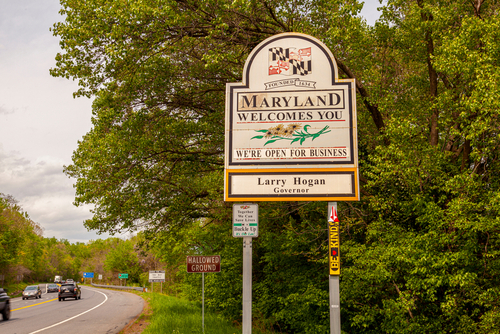
On Thursday, the Maryland Department of Transportation (MDOT) released its $19.9 billion, six-year Draft Consolidated Transportation Program.
The plan outlines the department’s plan to repair or replace aging infrastructure and expand transit opportunities to assist the state in its economic recovery and preserve and expand the state’s transportation network.
The plan is nearly $2.2 billion more than the $17.7 billion 2022-2027 plan released in January. It includes $1.3 billion in funding through the Infrastructure Investment and Jobs Act (IIJA) and improved post-pandemic revenue estimates.
“This draft plan is Maryland’s largest transportation budget ever, and it continues our commitment to create opportunities for all Marylanders through a transportation network that’s safe, reliable, accessible, and equitable for all,” said MDOT Secretary James F. Ports, Jr. “The $2.2 billion increase will deliver priority projects in every county and Baltimore City and provide hundreds of millions of dollars more in Highway User Revenues to local jurisdictions. While the infusion of IIJA funds is helpful, it is important to remember that the majority of federal formula funding was already allocated in the Final FY 2022-2027 CTP.”
The plan recommends investing 35 percent of the budget – $6.9 billion, $800,000 more than last year – on system preservation to achieve and maintain a state of good repair for state roads, bridges, transit, airports, and the Port of Baltimore.
The budget also recognizes a bipartisan agreement between Gov. Larry Hogan and lawmakers during the 2022 Maryland General Assembly to increase transportation and infrastructure funding for local governments through the state’s Highway User Revenue program. As part of the plan, local jurisdictions will see their share of transportation funding increase to help them with advancing transportation priorities and provide local matching funds to capitalize on federal grants.
Money through the IIJA will be directed to all areas of transportation as outlined by the federal formula funding – $178 million for airports; $166 million for transit, and $966 million for highways.